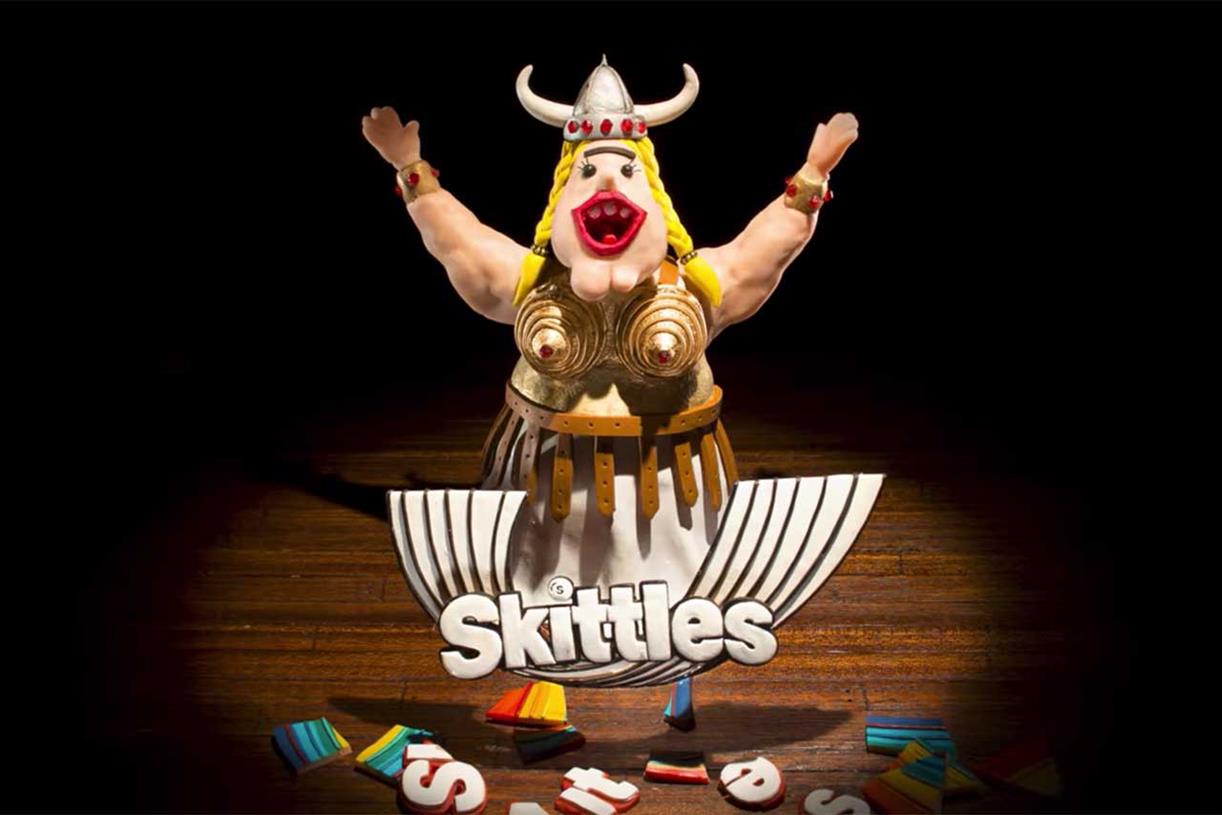
Advertising makes people unhappy.
This news comes from Professor Andrew Oswald at the University of Warwick, who asserts that the higher adspend is, the more miserable people become.
He says this is because ads make us want what we don't or can't have, commenting: "The idea is a very old one: before I can decide how happy I am, I have to look over my shoulder, consciously or subconsciously, and see how other people are doing." So status anxiety is to blame – an anxiety that we know is an innate human drive.
Oswald and his team compared life-satisfaction data of more than 900,000 European citizens in 27 countries with adspend from 1980 to 2011, and found an inverse connection – ie as adspend grew, satisfaction declined.
Is this another condemnation of our industry? Does this make the ad industry the enemy? Or does the survey provide something more profound to read into?
Adspend follows consumption. Arguably, as citizens of a country experience an increase in disposable income, their "problem list" changes – it moves from worrying about violence and whether they are safe on the street to worrying about who has the best phone, car, shoes and watch. The problems follow Maslow's hierarchy of needs.
On the one hand, then, if you're unhappy about whether you have all the things you see advertised, it's a lot better than being unhappy about your physical safety or whether you have enough to eat or whether what you say will get you arrested.
Happiness is an elusive emotion. You'll be happy if you do not want what you do not have, as Sinéad O'Connor once sang, but ensuring psychological calm is not the role of advertising, however angsty agency people might get around purpose. (Seekers instead must refer to art, music, literature, religion, self-help and spirituality.)
So this survey, which features in the thought-leading Harvard Business Review, should not be a trigger of more outrage about our profession. It's a description of what happens when human nature gets to develop in comfort, rather than in conditions of stress. Just as any contented sibling soon learns to want exactly the toy that their sibling is playing with, or only to want to sit in the buggy if it is already occupied by another child, the yearning that can be stimulated by advertising is simply unavoidable.
We cannot take responsibility for the happiness of nations, but we can take responsibility to ensure that our advertising appeals to the better side of human nature. We can combine purpose with commerce, as many best-practice case studies have revealed. When Skittles removed the rainbow from its packaging, it sold more product and raised awareness of Pride. When Lloyds Bank created a programme about better communications in the family about money, it solved a painful dilemma as well as improving saliency.
Media strategy is our responsibility too. We must ensure that chasing audience numbers is not done through bombardment or by appealing to the worst of human instincts.
And if we want to be happy in 2020, we need to focus on what is most important.
Sue Unerman is chief transformation officer at MediaCom
@SueU
"Happy" - Google News
January 22, 2020 at 09:14PM
https://ift.tt/36nMKvu
How to be happy in 2020 - CampaignLive
"Happy" - Google News
https://ift.tt/2VPek0I
Shoes Man Tutorial
Pos News Update
Meme Update
Korean Entertainment News
Japan News Update
No comments:
Post a Comment